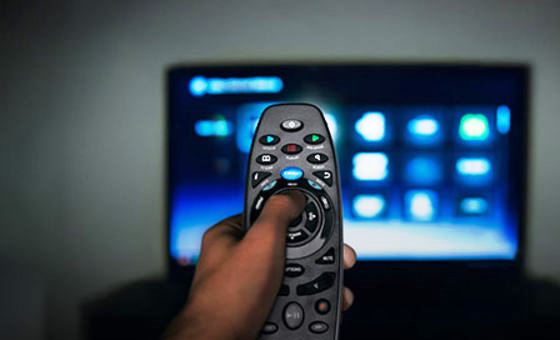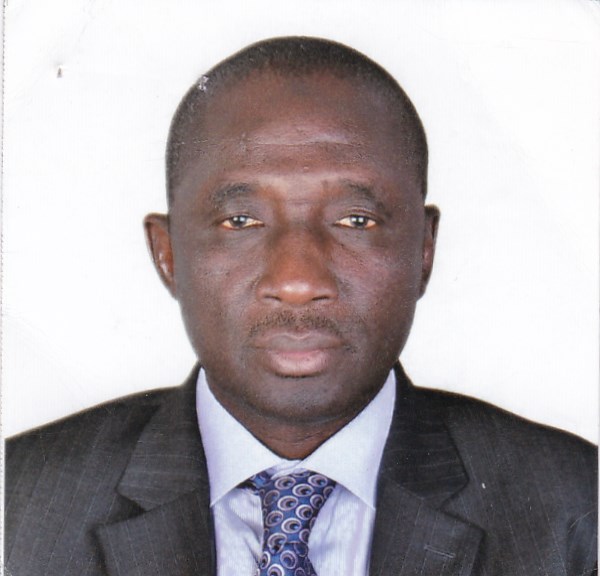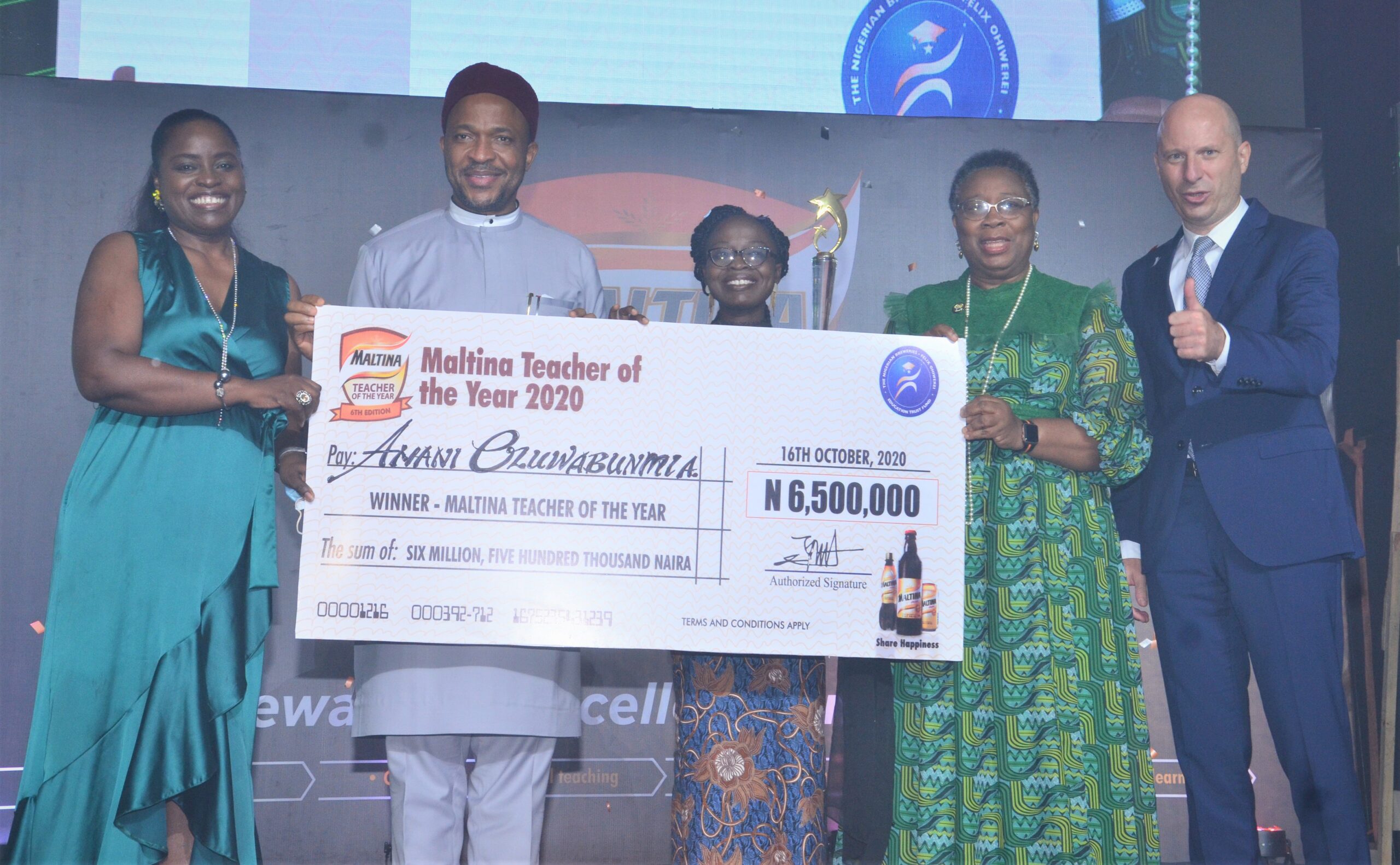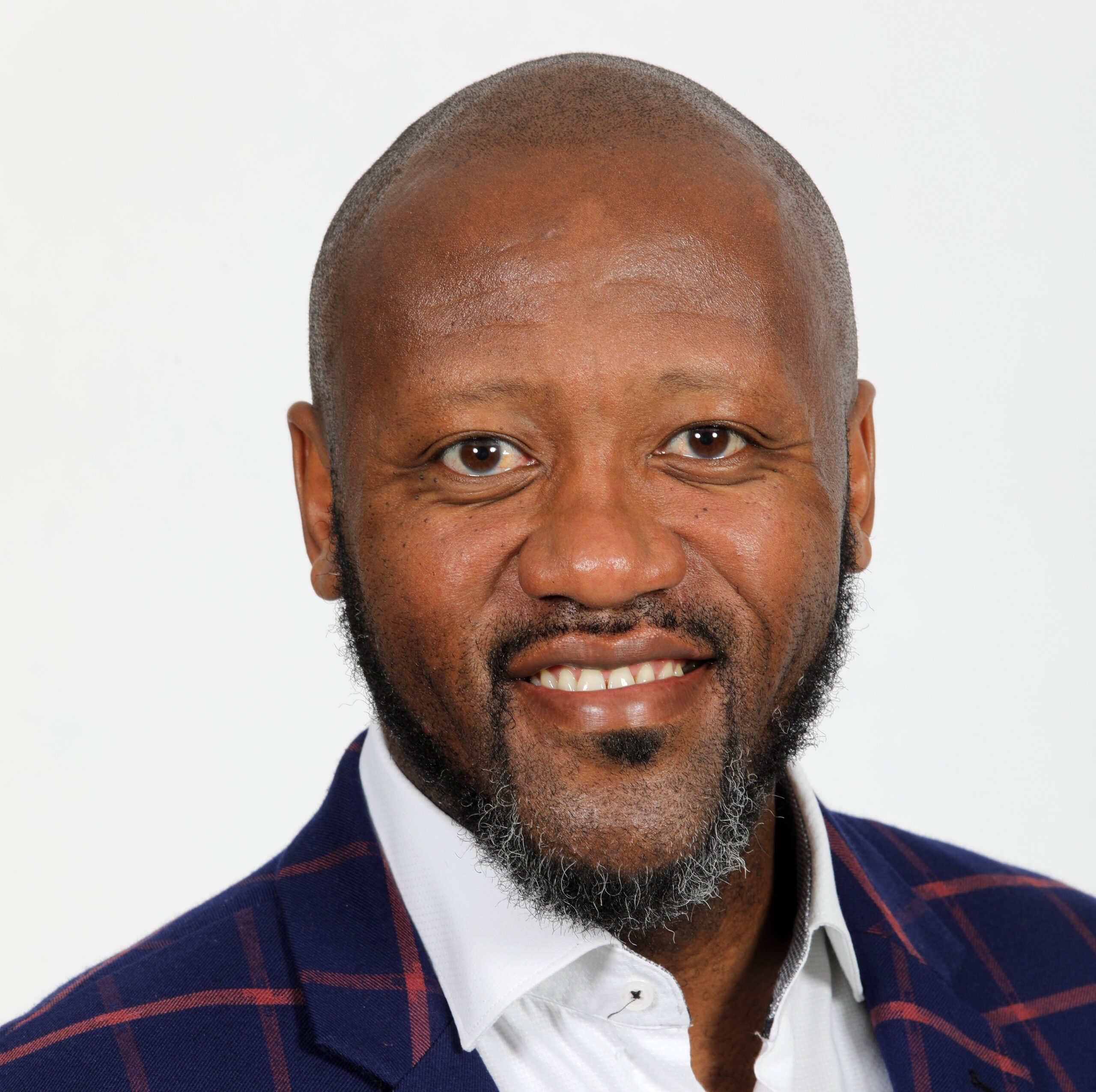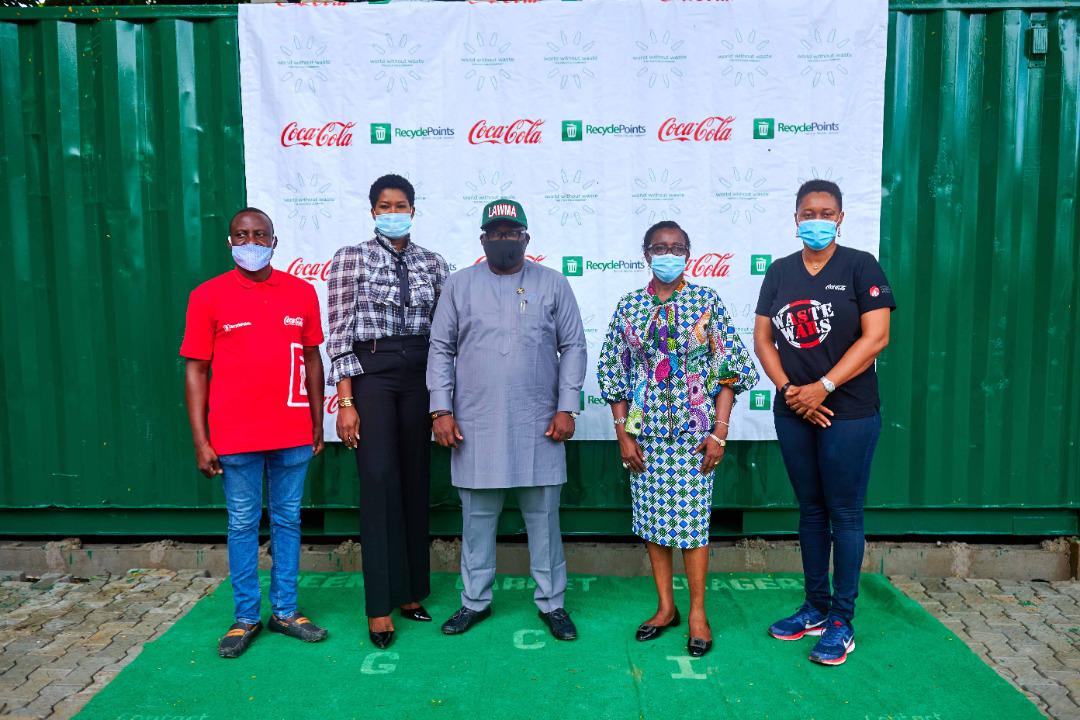As Nigeria marks the 60th anniversary of its independence from British colonial rule, many Nigerians have polarized views of the nation’s existence and realities. While some focus on the challenges that still beset the nation, others are optimistic for a greater future based on the potentials for greater achievement found in Nigeria’s human resources. In its 60 years, Nigeria has had a tremendous record of success in music, African literature, visual arts, fashion, and movie making. Interestingly, these areas are less prone to stir divisions in the Nigerian polity. In fact, they are contributors to national unity.
Since its entry into Nigeria as the first digital satellite broadcasting service in 1993, DStv Nigeria has been a unifying phenomenon in television with its unique, tailor-made appeal to Nigeria’s diverse audience. Rising from a 30-man staff strength, DStv Nigeria has grown to become a commercial entity to be reckoned with leaning on its employment capacity which is estimated at over 20,000. The content aired had been created and curated to suit Nigeria’s rich diversity with varied indigenous content spread across ethnic-sensitive channels. Africa Magic Igbo, Yoruba and Hausa have strengthened DStv Nigeria’s value-chain as it directly and indirectly contributes N636 billion to the nation’s economy.
In the new DStv Nigeria television commercial, Nigeria’s unity is visually likened to a loyal couple who had undergone various obstacles to grow old together and still remain in love. Like the married couples, the different ethnic groups that make up Nigeria are legally bound to work harmoniously and co-exist peaceably.
Using everyday heroes, the visuals take a fast but rounded view of the connecting strings in the daily lives of ordinary people which make them united in spirit. Regardless of individual talent, skills and interests, the shared humanity across ethnic and religious barriers are manifested in existential themes of survival. Through the commercial, the viewers can glean themes of cultural heritage, resilience, hard work and creativity through daily human endeavors which are perhaps the under-celebrated values of Nigeria.
Through the new TVC by DStv Nigeria, attention is placed on Nigeria’s contribution to some of Africa’s finest literary giants, visual artists, dancers, fashion designers and musicians who are mostly self-made. These creatives build their own workspaces, and navigate other roadblocks to success with uncommon courage and determination.
Needless to say, multiple choice of home entertainment has made satellite television appeal to a wide range of audience. Consider the sport channels on DStv Nigeria for example, they have served to unite football fans regardless of their football club interests. DStv Nigeria has promoted players, administrators, clubs, leagues and in the bigger picture, youth development in Nigeria. These were visually referenced in the new TVC.
It is no gainsaying that DStv Nigeria has also contributed largely to Nollywood’s global fame. For instance, the multiplicity of television channels for indigenous content has created enabling platforms for new voices to be heard from Africa. Subtitled in English, these contents have become accessible by non-native speakers of the Nigerian languages who are curious about Nigerian movies. The Nigerian movie industry, particularly in the video film era, has experienced myriads of challenges including piracy and lack of proper distribution network. But the intervention from this pay television has added to its success stories because screening them on satellite television has, invariably, paved the way for workers in the movie industry to earn their money after production with brand endorsements as icing on the cake.
Nollywood is arguably the second largest employer after agriculture, generating $590 million annually. It is also the world’s second largest movie industry, fast tracking an ecosystem of creatives in Nigeria comprising screenwriters, actors, make-up artists, costume designers, sound engineers, directors, producers, photographers, film editors, production managers, set designers, prop managers, hair stylist, gaffer, electrician, boom operator amongst others.
Asides the multiple channels for indigenous movie content, DStv is grooming future film talents with a variety of training initiatives. In May 2018, a Creating Shared Value (CSV) programme called MultiChoice Talent Factory (MTF) was launched to develop and train young, emerging and passionate filmmakers.
No doubt, DStv Nigeria has been instrumental to huge commercial returns in adjacent sectors. A case in point is the popular reality show, Big Brother Naija (BBN). Produced by Africa Magic, the show is an offshoot of the Big Brother television franchise where 20 contestants live in an isolated house and compete for a large cash prize alongside other material gifts. According to the Chief Executive Officer, MultiChoice Nigeria, the last season of the BBN garnered over 900million votes, shattering existing records.
Created with lots of activities and despite the counterarguments against the continued broadcast of this content based on moral grounds, the demography of its contestants attests to Nigeria’s diversity. Contestants are often selected from within Nigeria and the diaspora across various professional backgrounds, gender, age, ethnicity and religious affiliations. This explains why the show has been described by reviewers as “Nigeria’s unlikely public relations campaign.’’ The organisers have also ensured that Nigerian music is used for the broadcast to promote that aspect of Nigeria’s cultural life that intrigues many international audiences.
Meanwhile, the new DStv Nigeria’s TVC celebrates Nigeria’s “army of go-getters’’, cultural life symbolized by the Eyo masquerade, creative energy made manifest in visual arts, dance and music as well as entrepreneurship.
In all, the new TVC is a timely elixir to the indefatigable spirit of everyday people in Nigeria who have remained resilient through the years.
Add a comment
